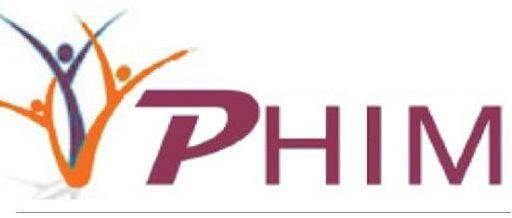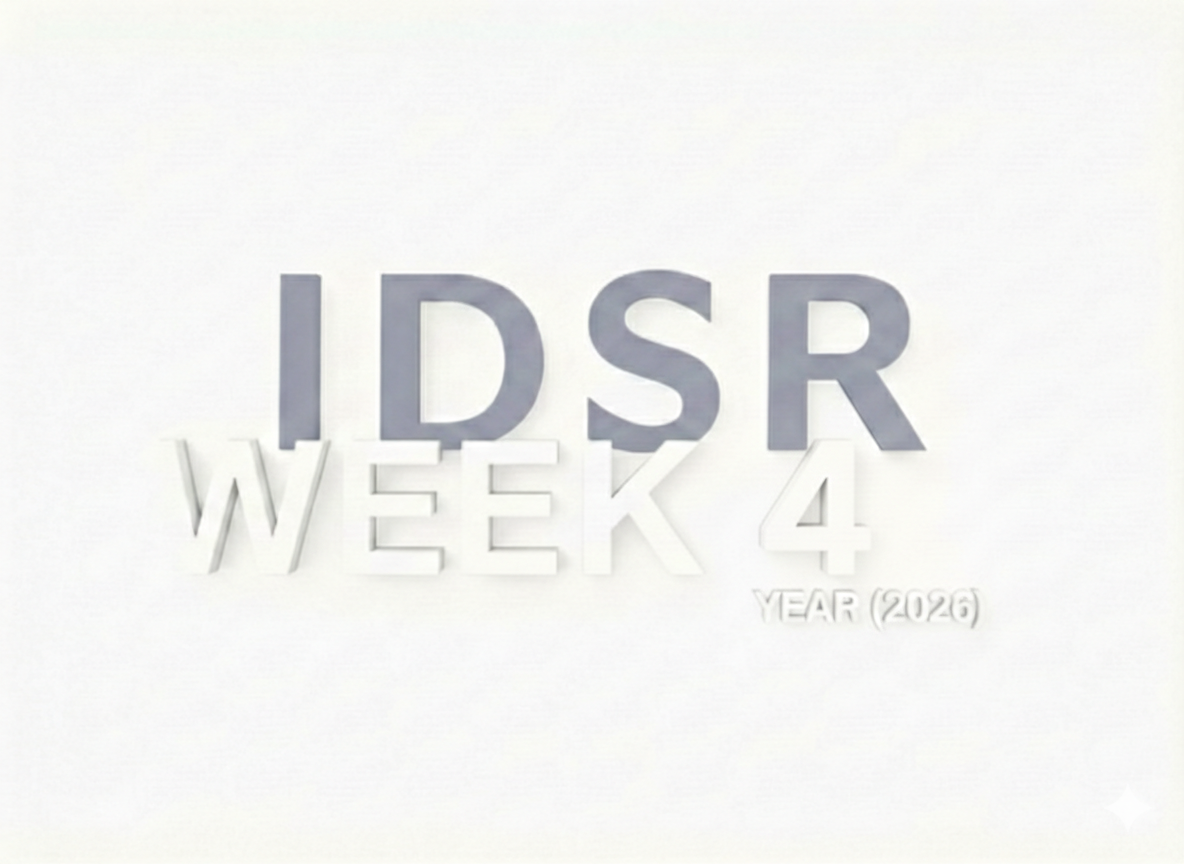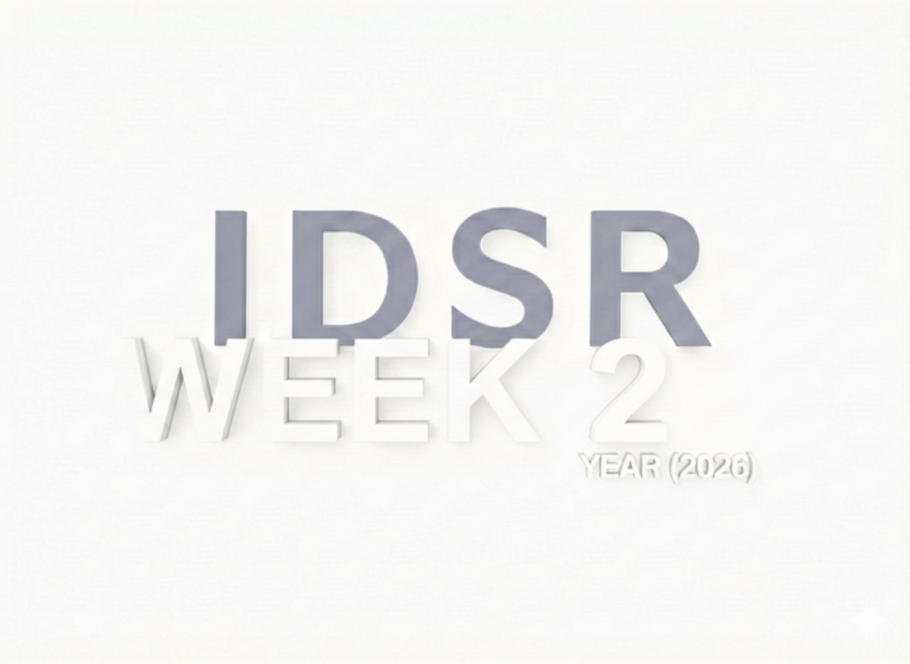Weekly IDSR Bulletin
Epidemiological Week 4 (19-25 January, 2026)
Editorial Team
Public Health Institute of Malawi
I. Performance & Surveillance
District Reporting Completeness
Timeliness Performance
EBS Signal Distribution
II. Disease Morbidity
Malaria Cases (Week 4)
Bloody Diarrhoea
Typhoid Fever Trends
III. Critical Alerts & Mortality
Maternal Deaths (N=7)
SARI Mortality (Week 4)
AEFI Surveillance
IV. Vaccine Preventable & Special Events
Mpox Alerts (Week 4)
AFP (Polio) & Meningitis
Measles & Cholera Status
V. Summary of Recommendations
1. Timeliness Priority
Balaka, Karonga, Mzimba South, and Machinga DHOs must urgently improve their reporting timeliness to meet national standards.
2. Maternal Health Audit
The Reproductive Health Department must investigate all 7 maternal deaths reported this week to identify and address service delivery gaps.
3. EBS Verification
District Rapid Response Teams (DRRTs) must conduct immediate risk assessments for all 18 verified EBS signals to prevent escalation.



